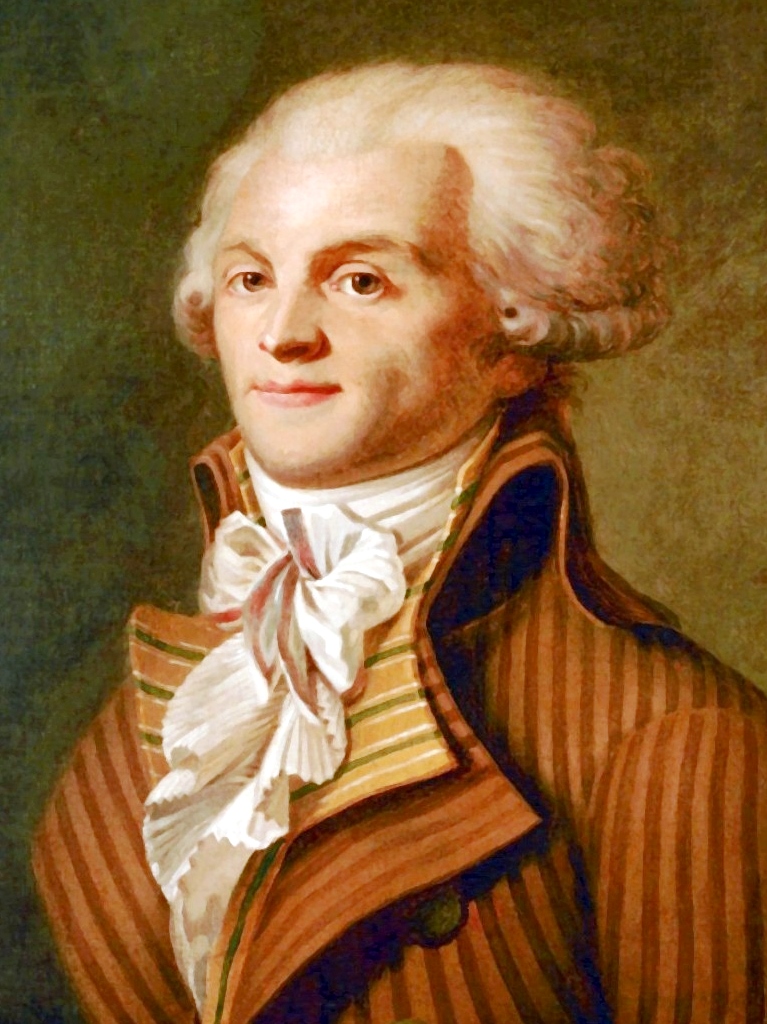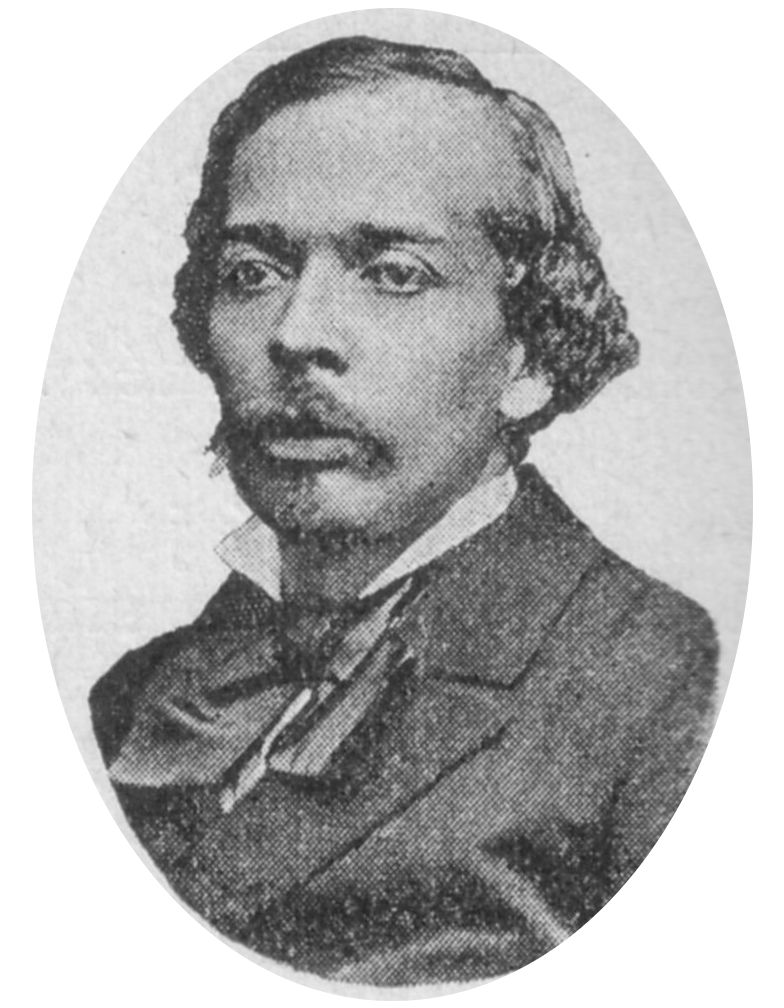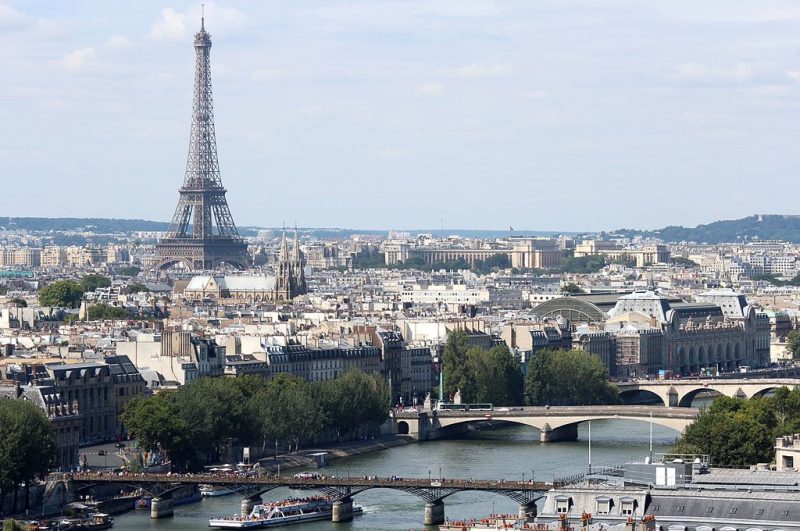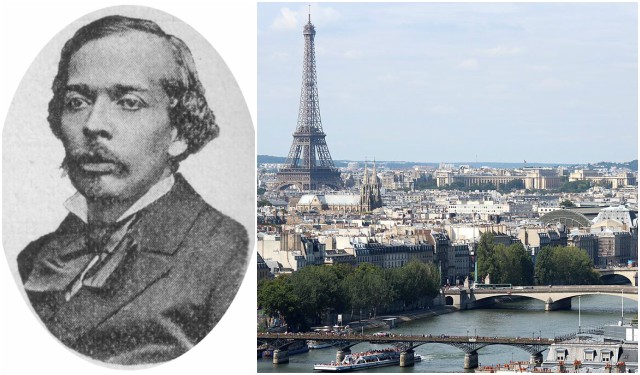“Liberty, Equality, Fraternity” is the French motto which became popular with the French Revolution. It was first used by Maximilien Robespierre in his speech “On the organization of the National Guard” on 5 December 1790:
On their uniforms engraved these words: FRENCH PEOPLE, & below: LIBERTY, EQUALITY, FRATERNITY. The same words are inscribed on flags which bear the three colors of the nation.
What we are interested in is Equality. Equality was defined by the 1789 Declaration in terms of judicial equality and merit-based entry to government: [The law] “must be the same for all, whether it protects or punishes. All citizens, being equal in its eyes, shall be equally eligible to all high offices, public positions, and employments, according to their ability, and without other distinction than that of their virtues and talents.”

90 years after the 1789 Declaration defined Equality, Paris became the first Western capital to have a black mayor. The story of Severiano de Heredia, who became mayor of Paris in 1879, goes back to November 8, 1836, the day when he was born. He wasn’t born in Paris or even in France. Severiano de Heredia was born in Havana, Cuba, to Henri de Heredia and Beatrice Cardenas.
His parents were free people of color and he was “mulatto, born free.” Reportedly he was the natural son of his godfather, Heredia y Campuzano, who adopted him and when he was ten years old he sent him to France for his education, where he attended the Lycée Louis-le-Grand in Paris. He was an excellent student and in 1855 he won the Grand Prize of Honor of Lycée Louis-le-Grand school.
Upon the death of his godfather in 1848, Heredia inherited his wealth. He married Henriette Hanaire in 1868 and in 1870 he became a French citizen. The couple had two children: Henri-Ignace, who died tragically in an accident at Wimereux at the age of 12, and Marcelle, who eventually became a notable neurophysiologist.

In 1870, he entered politics as a radical Republican and championed progressive causes such as the separation of church and state, decreasing work hours for children under the age of 12, and universal education.
In April 1873, he was elected member of the City Council of Paris, for the area of Termes in the 17th arrondissement. He was the first person of color to be elected to the Municipal Council of Paris and in 1879 he was elected president of the Municipal Council – the equivalent of the mayorship today.
He was elected under the banner of the Republican Union to the Chamber of Deputies in August 1881, where he stayed until he was defeated at the election of 1889. From May 30, 1887, until December 11, 1887, he served as Minister of Public Works under Prime Minister Maurice Rouvier.

Heredia was also interested in Freemasonry and became Worshipful Master of his lodge, and then Deputy of Grand Orient of France in 1875, and President of the Masonic Orphanage.
After he ended his political career he devoted himself to the history of literature. He died on February 12, 1901, at his home in Paris and was buried a few days later in the Batignolles cemetery. In his honor, a walkway in front of a new building in the 17th arrondissement of Paris was named rue Severiano de Heredia.
